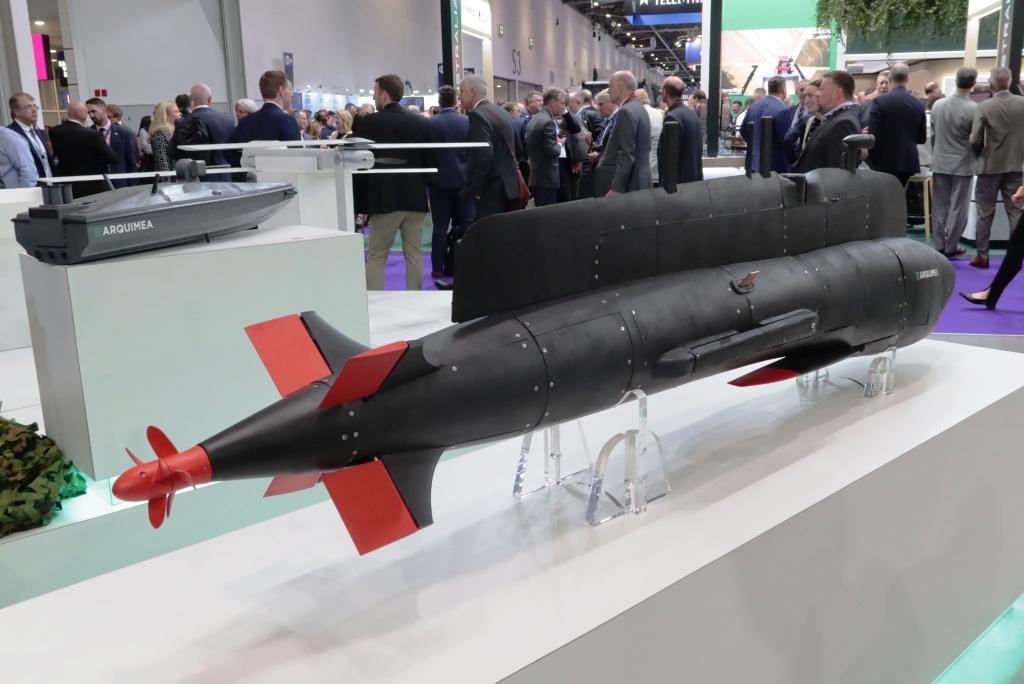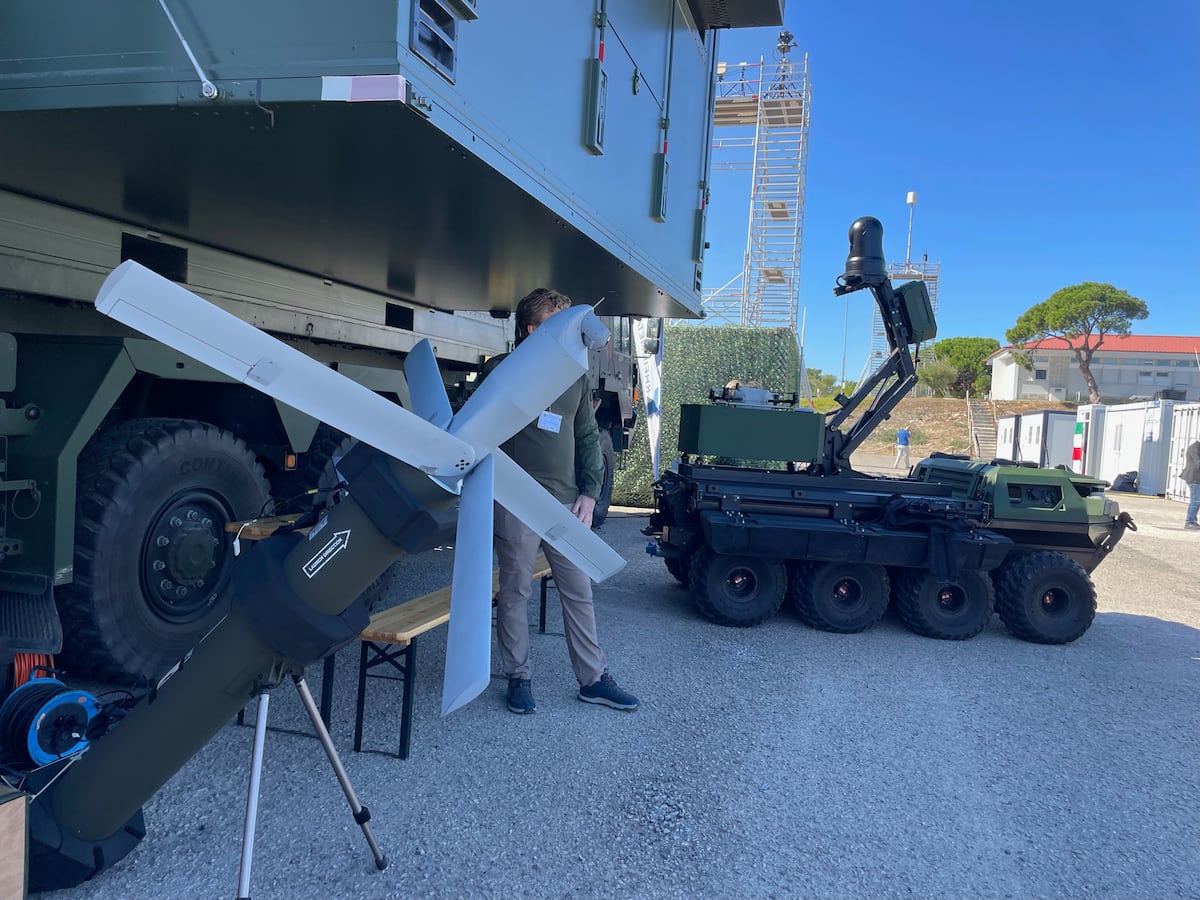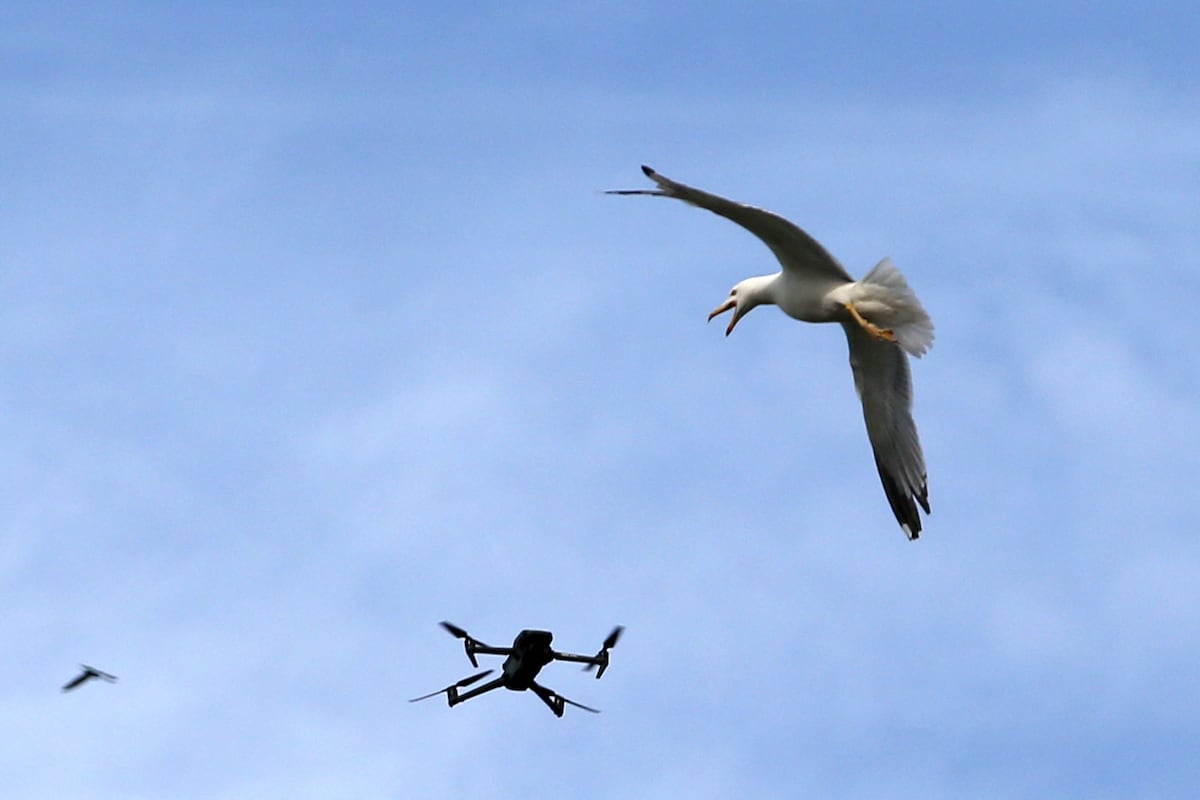Marine Corps Makes Strides in Digital Transformation with New Initiative
In a groundbreaking move to modernize its operations, the Marine Corps has recently announced the launch of pilot programs deploying "digital transformation teams" (DTXs) throughout the service. This initiative aims to revolutionize internal processes by digitizing operations, enhancing data integrity, identifying potential vulnerabilities, and ultimately aligning artificial intelligence (AI) capabilities for real-world applications. The insights were shared by Captain Christopher Clark, the Marine Corps’ AI lead, during a keynote address at the AITalks conference.
The Drive for Digital Transformation
Recognizing its status as a smaller service with a limited budget, the Marine Corps is committed to ensuring that AI technologies are both effective and necessary for their mission. Captain Clark emphasized the importance of not getting swept up in the allure of high-tech solutions that may lack practical application. "Our focus is on the AI implementation plan, which we expect to release very soon," he announced, signifying the importance of a methodical approach to technology adoption in the Marine Corps.
Establishing Digital Transformation Teams
Central to this digital transition is the establishment of three initial DTXs, with the potential for more to follow. The first of these teams was launched at the II Marine Expeditionary Force in late March, with expectations to establish a second team within the Marine Corps Logistics Command by May or June. Notably, this command has already taken strides towards data handling and analytics, setting a strong foundation for the upcoming team.
“Marine Corps Forces, Pacific will have the last pilot DTX set up by the end of this fiscal year,” Clark explained, illustrating a comprehensive and strategic rollout throughout various Marine Corps divisions.
Infrastructure Assessments and Future Governance
As part of the broader implementation plan, the Marine Corps is set to conduct an infrastructure assessment over the summer. This assessment will examine the cloud technologies and resources necessary to facilitate a comprehensive AI ecosystem, laying the groundwork for scaling machine learning and AI platforms effectively. In conjunction with this, the MC will also be developing governance materials to guide both current and future AI deployments, ensuring they align with the overarching strategy.
Clark underscored the importance of establishing appropriate guidelines and frameworks. “We need to create relevant governance materials to inform both our emerging and existing AI deployments,” he stated, highlighting a proactive approach to integrating new technologies while mitigating risks.
Center for Digital Transformation
In an exciting prospect, Clark’s team is also exploring the establishment of a Center for Digital Transformation, which would serve as a hub for accelerating the integration of emerging technologies, starting with AI. The proposed center aims to foster collaboration between Marines, universities, and other organizations, targeting critical AI challenges that need addressing.
However, before moving forward, the Corps recognizes the necessity of evaluating potential duplication of efforts and ensuring that adequate resources are allocated. “There’s no intent to compete within our own service. The AI strategy and implementation plan will focus on aligning different elements of our technological ecosystem to ensure effective change,” Clark noted, emphasizing a collaborative and unified approach.
Aligning AI with Military Operations
The overall initiative reflects a significant leap towards leveraging technology to enhance military efficiency, readiness, and effectiveness. The digital transformation teams and the anticipated Center for Digital Transformation are crucial steps toward ensuring that the Marine Corps not only keeps pace with technological advancements but leads in implementing them strategically.
Through this transformative journey, the Marine Corps aims to cultivate a culture that embraces innovation while remaining grounded in its mission of serving and protecting. The careful and considered implementation of AI strategies will set a foundation for future advancements in military operations. As this initiative unfolds, the impact of digital transformation on the Marines’ operational capabilities will undoubtedly be closely monitored both within the service and across the wider defense community.
About the Author
Brandi Vincent is the Pentagon correspondent for DefenseScoop, where she delves into emerging technologies and the policies shaping the Defense Department’s future. With a robust background in journalism and documentary production, she brings a unique perspective to the complex intersection of technology and defense. Brandi holds a master’s degree in journalism from the University of Maryland and has previously contributed to several notable media outlets, including NBC Network and Snapchat. Growing up in Louisiana, her commitment to storytelling has driven her to explore and report on innovative solutions within the military sphere.





